Launching a new enterprise—whether it’s a tech start-up, a small business, or an initiative within a large corporation—has always been a hit-or-miss proposition. According to the decades-old formula, you write a business plan, pitch it to investors, assemble a team, introduce a product, and start selling as hard as you can. And somewhere in this sequence of events, you’ll probably suffer a fatal setback. The odds are not with you: As new research by Harvard Business School’s Shikhar Ghosh shows, 75% of all start-ups fail.
But recently many investors, entrepreneurs have more attention to streamlined methods to create the product hit the market though not spend too many costs and still be successful. It's streamlined start-up method also known as the Lean Startup. Startup success is not the result of good genes or sets of words appear at the right time, a right place that career success is being able to control it by going to due process. This means that it can be learned, also meaning can be communicated from one person to another.
Simply speaking, the main Lean Startup Startup in one direction from a simple and efficient process and how to help people who are starting a business to manage its operational processes.

Once an entrepreneur with a convincing business plan obtains money from investors, he or she begins developing the product in a similarly insular fashion. Developers invest thousands of man-hours to get it ready for launch, with little if any customer input. Only after building and launching the product does the venture get substantial feedback from customers—when the sales force attempts to sell it. And too often, after months or even years of development, entrepreneurs learn the hard way that customers do not need or want most of the product’s features.
After decades of watching thousands of start-ups follow this standard regimen, we’ve now learned at least three things:
1. Business plans rarely survive first contact with customers.
2. No one besides venture capitalists and the late Soviet Union requires five-year plans to forecast complete unknowns. These plans are general fiction, and dreaming them up is almost always a waste of time.
3. Start-ups are not smaller versions of large companies.

One of the things makes a huge difference of companies present in the 4.0 era is implemented business model was "Lean". This difference started by methods help shape a temporary organization but can still continue to improve and expand.
The lean method has 3 key principles:
First, so instead of writing an intricate business plan, founders summarize their hypotheses in a framework called a business model canvas.
Second, lean start-ups use a “get out of the building” approach called customer development to test their hypotheses.
Third, if you know your “pride” is gonna get you killed. First steps always challenge so instead of trying to solve things not related should focus do the supplement for your company.
Lean startup is a very effective tool and is insured by the success in countries around the world. Nature and more companies have been applying this tool unconsciously without knowing. For those who intend to start a business conceived with no real big capital, this is a really very good tool for reference and use. It will help startups avoid many mistakes classics and good leverage to companies can quickly implement their ideas effectively in the opening stages.
Source Harvard Business Review









.jpg)
.jpg)
